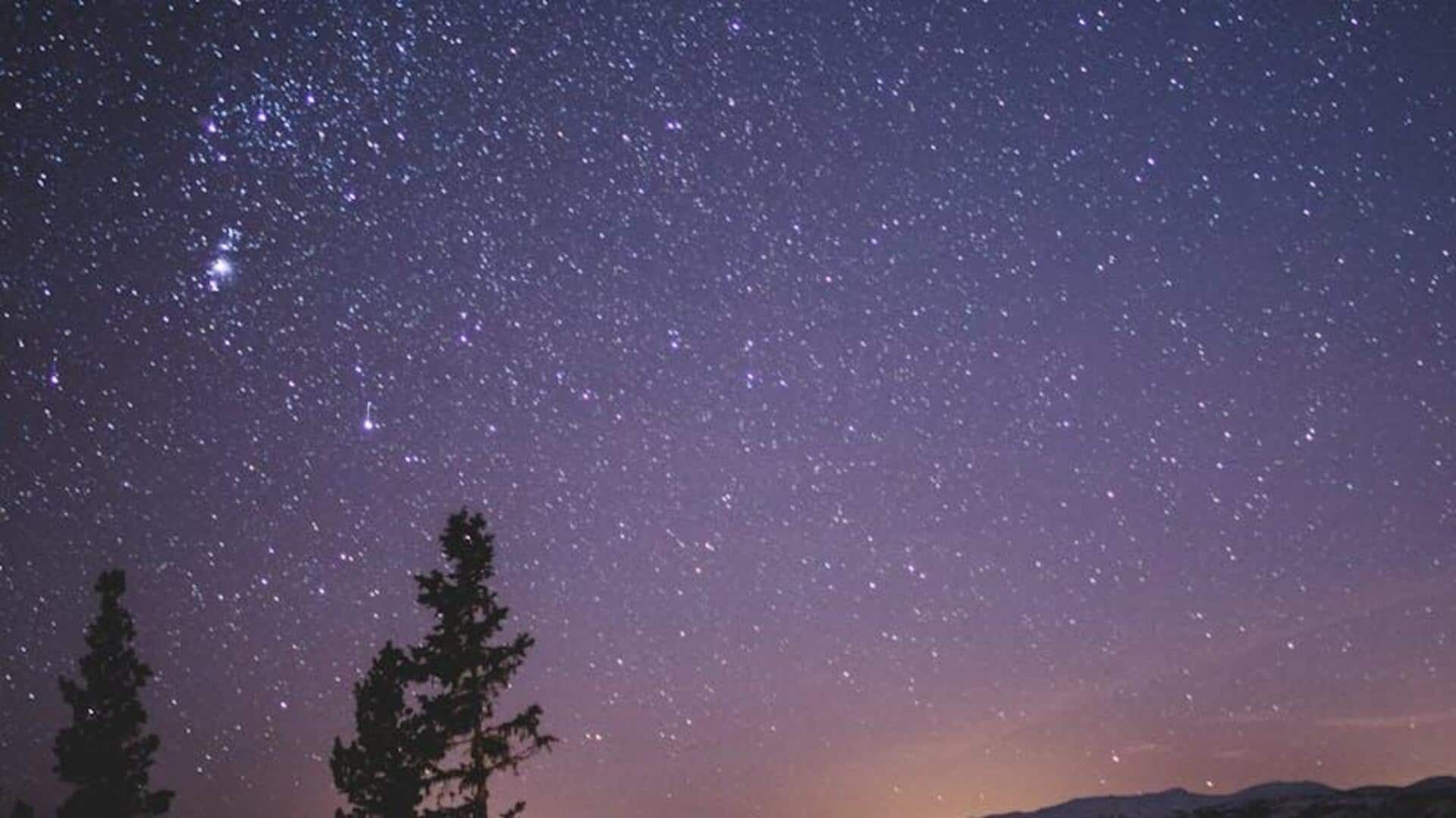
Stargazing in desert dunes: Tips, tricks, and must-knows
What's the story
Stargazing in desert dunes is a surreal adventure for anyone who wishes to connect with the cosmos. The expansive skies of deserts give an unobstructed view of the celestial bodies, making it perfect for astronomy enthusiasts and nature lovers alike. With little to no light pollution, stars twinkle brightly against the night sky, making for an awe-inspiring experience that is humbling and exhilarating.
Location selection
Choosing the right desert location
Selecting the right desert location is key to a successful stargazing experience. Deserts like Sahara or Mojave are popular choices owing to their expansive landscapes and clear skies. However, it's advisable to research weather patterns and seasonal conditions to ensure optimal visibility. Also, consider accessibility and safety when planning your trip to these remote areas.
Equipment essentials
Essential gear for stargazing
Having the right gear can take your stargazing adventure to a whole new level. A good quality telescope or binoculars will enable you to see distant celestial objects more clearly. A star map or astronomy app can assist you in identifying constellations and planets. Don't forget essentials like warm clothing, as desert environments can see temperatures drop significantly at night.
Event awareness
Understanding celestial events
Knowing what celestial phenomena are due can make your stargazing trip even more exhilarating. Meteor showers, lunar eclipses, planetary alignments, etc., are some events that provide breathtaking views when witnessed from a desert location. Look up astronomical calendars to find out the dates and timings of these events so you can schedule your visit accordingly.
Safety precautions
Safety tips for desert stargazers
Safety should always be your top priority when going into desert dunes at night. Always inform someone about your plans before heading out, carry enough water supplies, and keep navigation tools handy like GPS devices or maps. Be mindful of local wildlife and terrain hazards while exploring unknown areas after dark.